Composting maple leaves
pondluvr
13 years ago
Featured Answer
Comments (23)
mustard_seeds
13 years agoRelated Professionals
Norfolk Landscape Architects & Landscape Designers · Deer Park Landscape Architects & Landscape Designers · Franconia Landscape Architects & Landscape Designers · Lakewood Landscape Architects & Landscape Designers · Canton Landscape Contractors · Aloha Landscape Contractors · Cordele Landscape Contractors · Galveston Landscape Contractors · Mashpee Landscape Contractors · Mastic Beach Landscape Contractors · Uxbridge Landscape Contractors · Irvington Landscape Contractors · Winter Gardens Landscape Contractors · Adrian Decks, Patios & Outdoor Enclosures · Dracut Decks, Patios & Outdoor Enclosuresspiced_ham
13 years agoLloyd
13 years agoericwi
13 years agoseamommy
13 years agolcpw_gw
13 years agogardenfanatic2003
13 years agoflora_uk
13 years agorobertz6
13 years agoKimmsr
13 years agolazy_gardens
13 years agorobertz6
13 years agoharebelle
13 years agoKenVadnais
10 years agotoxcrusadr
10 years agoElisabeth Castillo
8 years agolast modified: 8 years agoidaho_gardener
8 years agokimmq
8 years agoidaho_gardener
8 years agolast modified: 8 years agorhizo_1 (North AL) zone 7
8 years agotoxcrusadr
8 years agoidaho_gardener
8 years ago
Related Stories

FALL GARDENING5 Ways to Put Fall Leaves to Work in Your Garden
Improve your soil and yard the organic way with a valuable garden booster that grows on trees
Full Story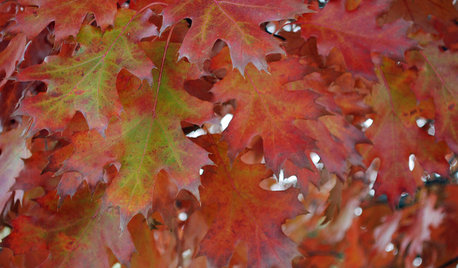
GARDENING GUIDES6 Healthy Ways to Handle Fallen Leaves
Once nature's beautiful bounty is spent, these ecofriendly strategies for leaves will put your yard in the clear
Full Story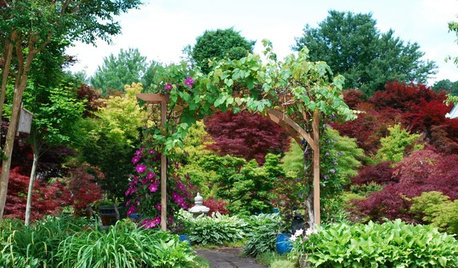
GARDENING GUIDES12 Japanese Maples for a Sunny Garden
The right maple in the right place shines in hot summer sun
Full Story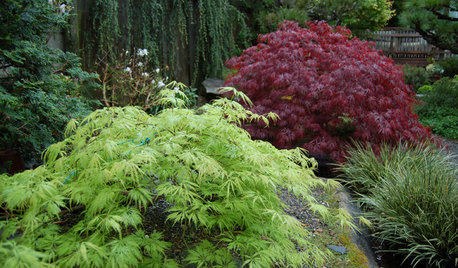
GARDENING GUIDES13 Japanese Maples for Shade
A surprising variety of these understory trees is waiting to make a statement in your shade garden
Full Story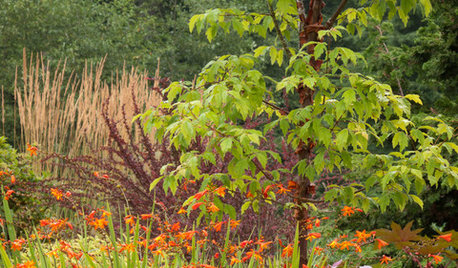
GARDENING GUIDESGreat Design Plant: Paperbark Maple
With fall foliage like a sunset and bark the color of cinnamon, this tree is a highlight of the landscape
Full Story
GARDENING GUIDESGet on a Composting Kick (Hello, Free Fertilizer!)
Quit shelling out for pricey substitutes that aren’t even as good. Here’s how to give your soil the best while lightening your trash load
Full Story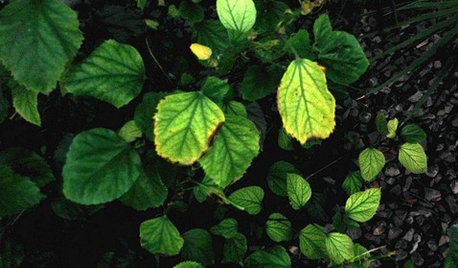
GARDENING GUIDESWhat's Wrong With My Plant? Leaves Often Hold the Clues
Learn how to identify common plant ailments by reading their leaves
Full Story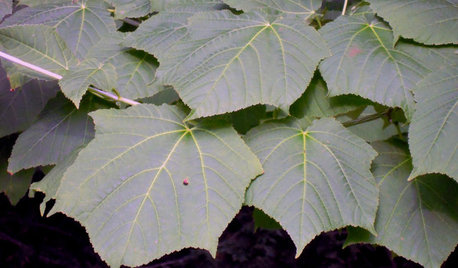
GARDENING GUIDES5 Amazing Small Maple Trees
There's more to maples than syrup. Expand your maple milieu with any of these 5 small and unusual trees
Full Story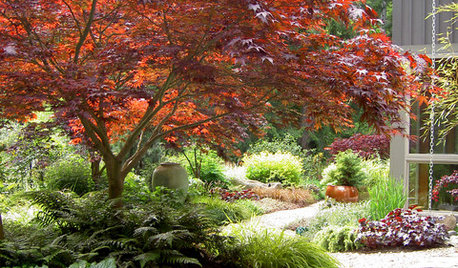
TREES11 Japanese Maples for Breathtaking Color and Form
With such a wide range to choose from, there’s a beautiful Japanese maple to suit almost any setting
Full Story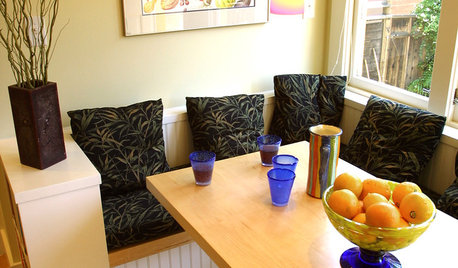
MATERIALSWoodipedia: Maple Is a Marvel Around the House
A heavy hardwood with lots of potential, maple appeals to modern sensibilities and won't break your budget
Full StoryMore Discussions







Kimmsr